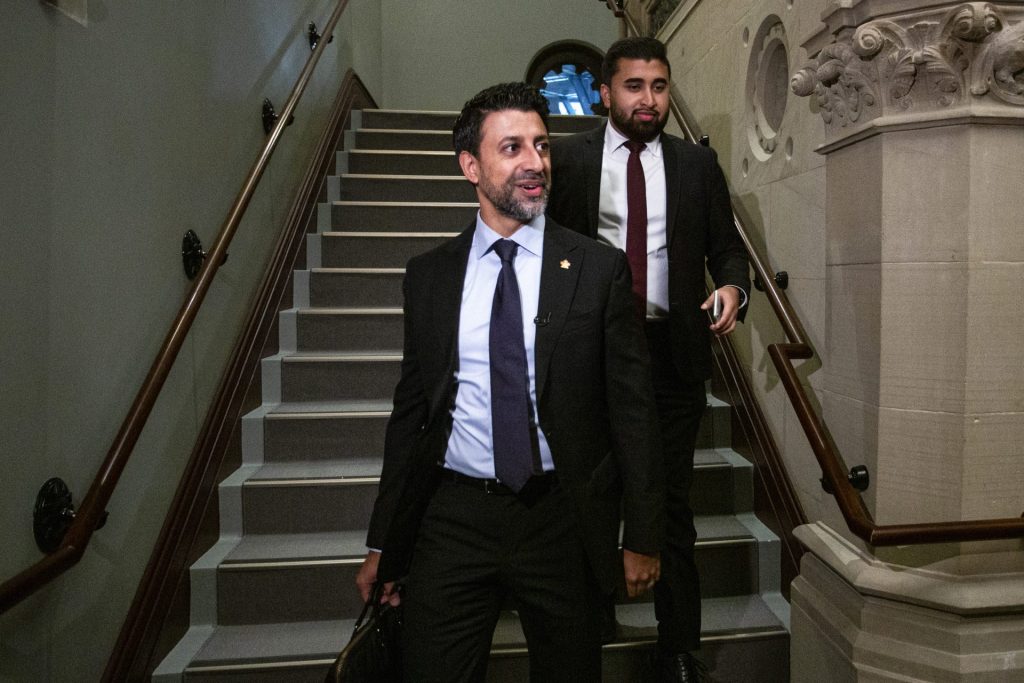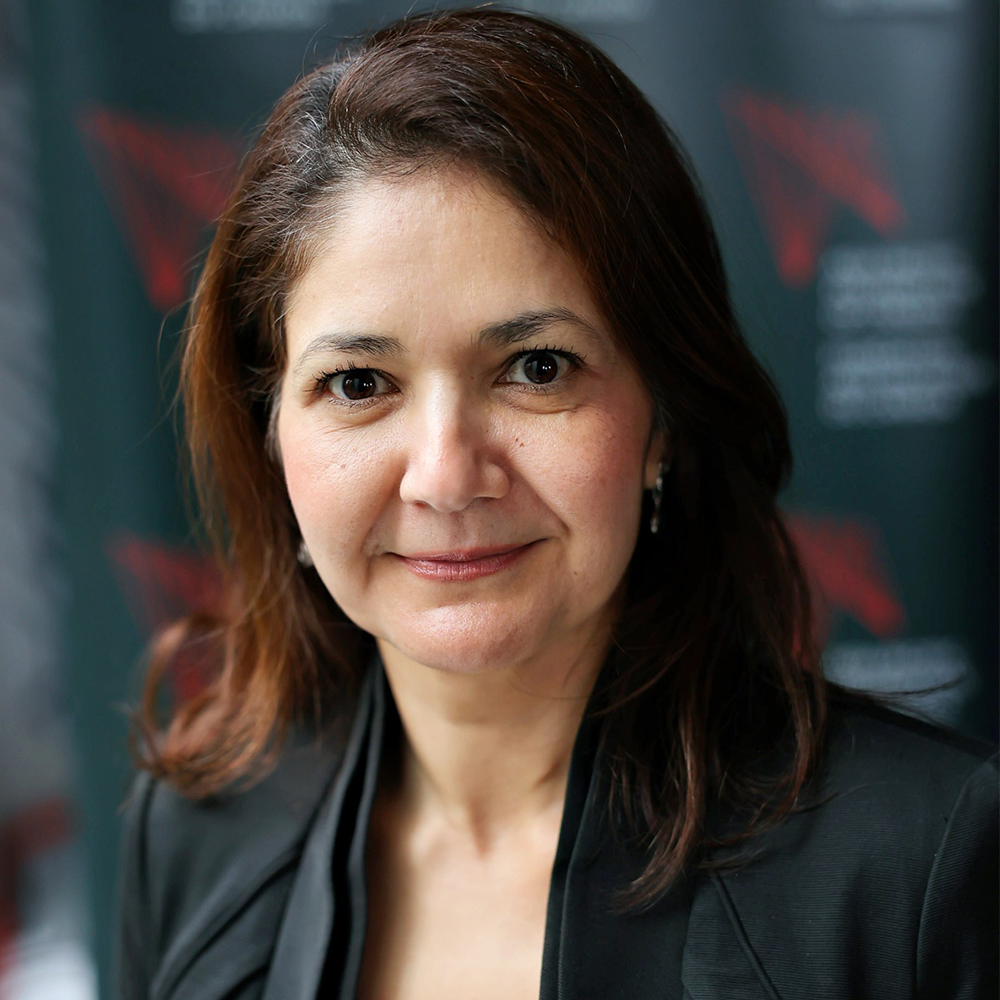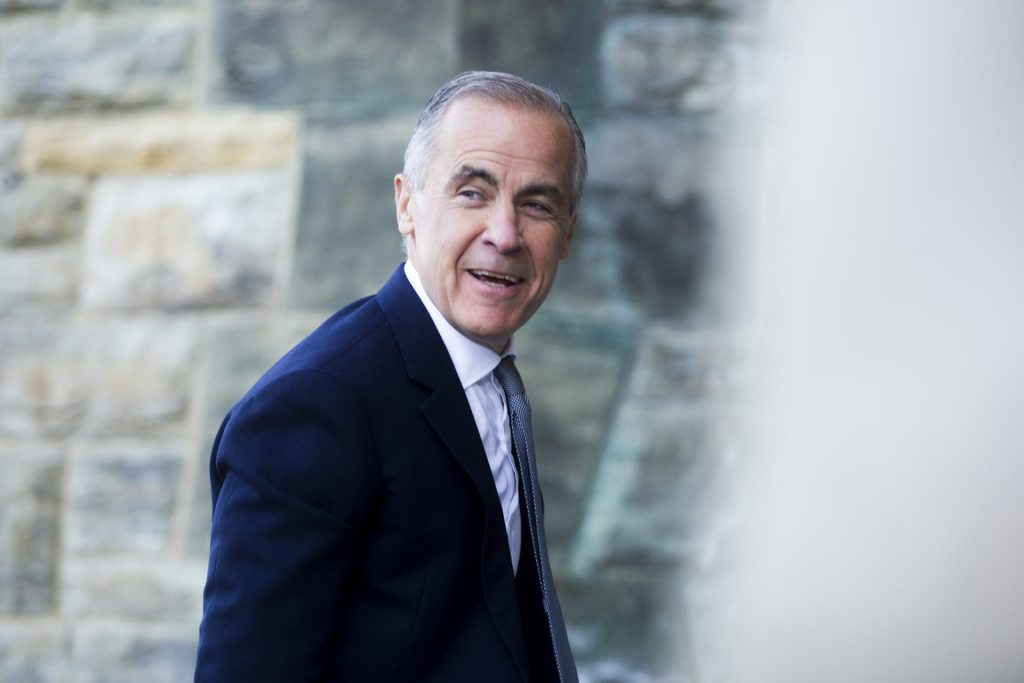Carney calls Indonesia trade deal ‘game changing,’ but labour says it is a ‘step backwards’

The Carney government is celebrating a new trade deal with Indonesia, but labour voices are sounding the alarm over a weakening of worker protections compared to recent deals that Canada has inked.
In a press release, Prime Minister Mark Carney’s (Nepean, Ont.) office described the Canada-Indonesia Comprehensive Economic Partnership Agreement as “game changing,” noting that it is the first bilateral agreement with a member of the Association of Southeast Asian Nations (ASEAN).
Finalizing the deal was a pillar of Canada’s Indo-Pacific strategy, and part of a growing effort to diversify the country’s trading markets.
But Canadian Labour Congress senior researcher Elizabeth Kwan told The Hill Times that the pact is a “step backwards” to a few decades ago.
“Looking at the text, I would say that it certainly doesn’t meet the standard or meet the bar of the CUSMA [Canada-United States-Mexico Agreement], or of the modernized Canada-Ukraine trade agreement, which is disappointing,” she said.
She said the language for the labour chapter isn’t “as strong” as past deals, nor are its enforcement mechanisms.
Kwan highlighted the language in the provisions against forced labour and violence against workers, which she said focuses more on co-operation as opposed to a reverse-onus system that puts the burden of proof on the party that is alleged to have breached the obligation and not the victim.

“Canadians should be wary of that because there are reports that there is forced labour in the country and child labour,” she said. “Regardless of whether the Indonesian government is doing or not doing anything about it, the fact is that there is. That affects the value of Canadian labour and Canadian workers under the trade agreement.”
In Canada’s objectives for a trade agreement with Indonesia that were tabled in the House in 2021, the then-Trudeau government noted that Canada would “seek to uphold labour rights and standards,” which included a “comprehensive and enforceable labour commitments.”
The Hill Times previously reported on a stakeholder briefing from the fall of 2023 where negotiators explained that Indonesia was opposed to attaching enforceability to labour and environment chapters, according to information this newspaper received from the briefing.
Part of Global Affairs Canada’s inclusive trade agenda is a focus on improving labour and environment provisions through “innovative” provisions.
Kwan said there was a time during the negotiations that the labour chapter wasn’t advancing, and there was thinking that if there was no labour chapter—or barely much of one—then Canada should not proceed with concluding the trade pact.
“[The final one] is a little better than that,” she said, but remarked that the government shouldn’t be putting labour standards and rights on the table to advance a diversification agenda.
She said that it could offshore cheap labour as part of the agreement and come at the expense of Canadian jobs.
Kwan said the labour chapter should be getting stronger with each trade agreement, and not weaker.
She said that no one has directly signalled that this is a trade-off that the government is making to advance a diversification agenda.
“But it is pretty clear that if the government wants more trading partners and to diversify as quickly as possible, [then] it would be a clear possibility that they would accept a weak and less enforceable labour chapter in upcoming trade agreements,” she said.
The work ahead
A spokesperson for International Trade Minister Maninder Sidhu (Brampton East, Ont.) said the government will move an implementation bill through Parliament “as soon as possible,” with the hopes of ratification in eight months.
It could be a challenge for Government House Leader Steven MacKinnon (Gatineau, Que.) to move a series of trade priorities through the Chamber. As previously reported by The Hill Times, in addition to the Indonesia pact, Canada has pledged to table implementation legislation for the United Kingdom’s accession to the Comprehensive and Progressive Agreement for Trans-Pacific Partnership this fall. It has also completed negotiations with Ecuador on a trade agreement.

On Sept. 24, the Ecuadorian Embassy in Canada posted on X that it was “happy to announce Minister Sidhu’s clear political will to see the [Canada-Ecuador] Free Trade Agreement signed and ratified before the end of this year.”
Vina Nadjibulla, the Asia Pacific Foundation of Canada’s vice-president of research and strategy, said Canada has a lot of things that will have to move at the same time.
“It’s important to show that we’re keeping the momentum and moving forward on the deals that we are making and ratifying them as quickly as possible,” she said. “I know there are a lot of demands and everything is moving at the same time, but that’s what we have to do.”
“The signing of the agreement was important,” Nadjibulla said. “Now we need to ratify it.”
She said the Indonesia pact is a “significant boost” to Canada’s diversification agenda and its deepening ties with Southeast Asia.
There is symmetry between Canada’s strength and Indonesia’s needs, she said, and the trade agreement is a framework to “unlock” the potential that exists in the bilateral relationship.
According to Nadjibulla, given the modest commercial relationship currently between the two countries, there is a “lot of room to grow.”
“But we still need to be clear-eyed that doing business in Indonesia is not going to be easy—there are many issues still around corruption,” Nadjibulla said. “The effort is worth it because of the potential opportunity and the scale of the Indonesian market.”
While she said that the deal is the “game changer” that Carney described because of the potential that is being unlocked, it won’t be a straightforward path to maximize that potential.
“It will still require quite a bit of work,” she said, which will include regulatory work by Indonesia, as well as a better understanding of the market opportunities by Canadians. “Our awareness and knowledge of the market is fairly low.”
Nadjibulla said signing an agreement is the first necessary step, but now the onus is on businesses to take advantage of it, and for the government to create an ecosystem to support trade diversification and turn the potential into reality.
“While we’ve always talked about diversification, now there is a real imperative to do that,” she said, but noted that Canada isn’t the only country interested in diversifying at the moment.
An ‘old-school’ free trade pact

Stuart Trew, a senior researcher at the Canadian Centre for Policy Alternatives, said that whatever anyone thought about the inclusive trade agenda, it doesn’t fit what Canada signed with Indonesia.
“This is a pre-inclusive free trade agreement,” he said, remarking that when the Trudeau government set out to define inclusive trade, it made adjustments around the margins.
He said that the exception was CUSMA where there were significant changes to the labour chapter based on gains fought over by the Democrats who had control of Congress at the time of the NAFTA renegotiations.
Trew said that CUSMA is doing “very good things” to uphold core labour rights, especially with the rapid-response mechanism to protect collective bargaining and union association, and the ability for countries to block imports from specific facilities that breach obligations.
“Indonesia would have been perfect for that,” he said. “They could have come to some sort of arrangement on that, but they didn’t.”
“What we got instead is an expedient, very old-school Canadian free trade agreement [that is] signed on Indonesia’s terms for the most part where it comes to labour, environmental protection, gender, women’s empowerment, so on, and so forth,” Trew said.
nmoss@hilltimes.com
The Hill Times






 LICENSING
LICENSING PODCAST
PODCAST ALERTS
ALERTS












